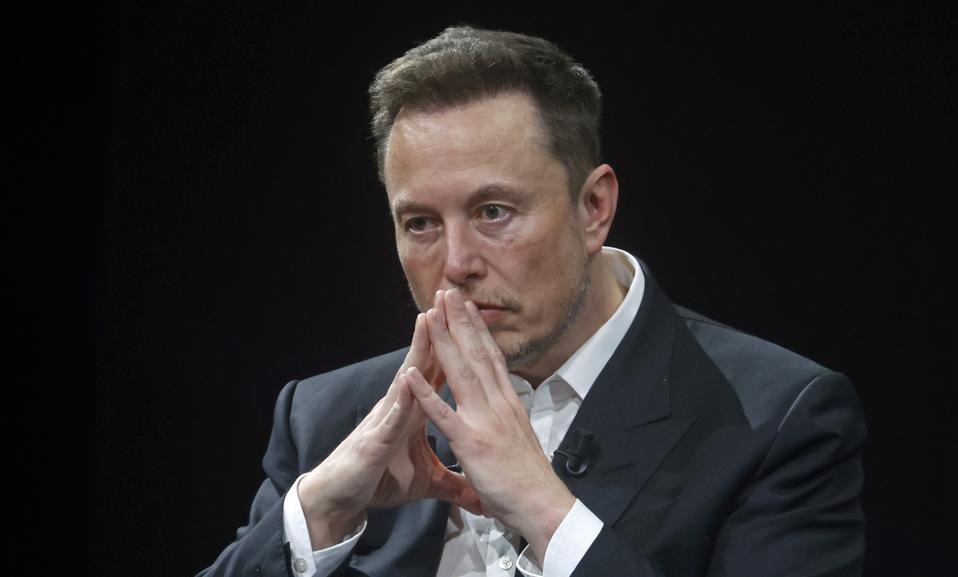Elon Musk’s proclamation last month on DEI has ignited a controversial debate that challenges the very foundation of workplace equality. “DEI must DIE,” Musk declared on X, questioning the impact of initiatives that foster safer and more equitable workplaces.
Is Musk onto something, or is he targeting the wrong beast?
In pursuing profit margins and accelerated growth, many managers have shifted their focus away from essential management aspects- such as training, mentorship, and career coaching- to the HR department. The result? A workplace culture where managers turn a blind eye to sensitive issues affecting individual performance, behavior, and overall team contribution. Because in a world obsessed with corporate success, who has the time for genuine empathy and active listening?
DEI has inadvertently made managers lazy and unaccountable. We wouldn’t need DEI if so-called “leaders” would, in fact, lead. HR should primarily offer guidance, leveraging their policies and legal compliance expertise. However, managers, embedded in day-to-day team dynamics, play a crucial role in team development. HR’s objectivity ensures fairness and consistency, while managers’ proximity builds trust and tailors leadership, fostering an inclusive environment where diverse needs are acknowledged and addressed. This collaborative approach between HR and managers optimally balances organizational structure with the nuanced dynamics of team relationships, promoting inclusivity and contributing to overall success.
For example, great managers should take the lead instead of relying on corporate-level DEI initiatives to address attrition among working mothers. They are the missing link in achieving workplace equality, as they set the tone for responsibility and accountability. I, too, question the effectiveness of current DEI initiatives and whether they genuinely contribute to a healthy work environment. The focus should be on hiring managers who can have crucial conversations, recognize unique challenges marginalized groups face (such as working mothers), and tailor solutions that resonate with individual team members.
I advocate for the demise of DEI, and I’m sure others would, too. I’d like to see the alternative, where managers rethink and redefine workplace equality on a more personalized level. The debate on DEI is far from over, and Musk’s call for its demise may catalyze a much-needed conversation on the manager’s role in workplace equality.

